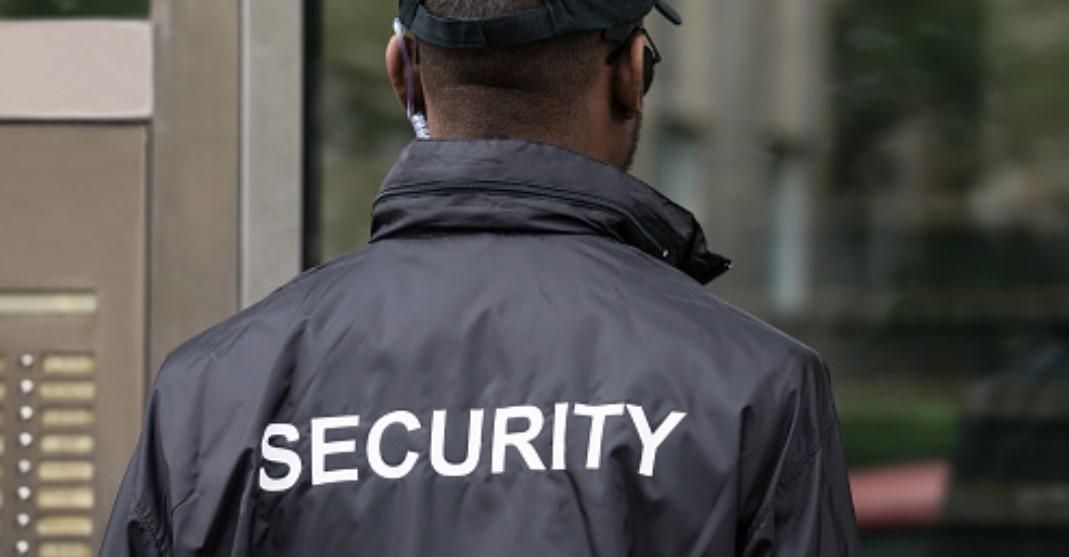As cities defund their police departments and the quantity of public safety services demanded further outstrips the quantity supplied, market entrants are looking for ways to provide new services. About two weeks ago, an SUV bearing the logo of the Citizen app and the text “Making Your World a Safe Place” was spotted in Los Angeles. Leaked emails obtained by Vice, as well as interviews with former Citizen employees, revealed that Citizen was testing a pilot program to provide private security services via their app. However, they have since stated they do not have plans to launch this service.
Currently, the Citizen app provides users safety alerts based on 911 calls and user-reported incidents in their area and is available in twenty cities. It also offers a $20 per month service called Protect that provides the user’s real-time location to a Citizen employee, allows the user to activate a video stream sent to that employee by using a code word, and enables Citizen to alert emergency services to the user’s precise location.
Looking to expand their offerings, Citizen explored partnering with private security companies to provide additional services to users. One of these companies is Securitas; another is Los Angeles Professional Security (LAPS), which describes itself as a “Subscription Law Enforcement Service.” According to their website, LAPS provides personal rapid response, patrol, alarm response, video monitoring, vacation watch, and Apple Watch fall detection for “elderly or differently abled loved ones living alone.” They also offer “mask enforcement” for the private businesses LA County has required to be unpaid enforcers of mask mandates. LAPS has two subscription tiers: for $200 per month, one receives patrol as well as alarm and smart signal monitoring. It’s $999 per month for “evacuation & on-site personal security.”
Why a Private Security App Is Useful
Citizen’s planned app was described as Uber for private security. The ability to obtain security services on demand can put such services in the reach of those who would otherwise be left unprotected. According to the leaked emails from Citizen, the Los Angeles Police Department called their planned service a real game changer. Similar to how ridesharing and car-sharing services have enabled some to avoid the costs of car ownership, as well as allow others to just get a ride when needed, an on-demand security app may enable individuals to obtain supplemental protection when a full subscription service may be beyond their needs or budget. A good example of this (and one that Citizen tested in their pilot program) is having a security escort provided quickly upon request. While this is a service that many security providers, such as those on college campuses, routinely perform, it is likely to be a low priority for big city police departments, if they provide it at all.
Although Citizen does not currently plan to pursue offering security services through its app, this kind of service is not novel. The London-based company My Local Bobby has for several years provided a service that allows subscribers to have a direct line to a “Bobby” assigned to them and access his real-time location through their app, with patrol and escort services bundled in. Whether future services will also be subscription based or à la carte (as most ridesharing services are) remains to be seen.
What this technology enables is the reduction of the transaction costs associated with the provision of security. I believe economists err when they categorize policing as a public good, since it is clearly rivalrous beyond a certain congestion point and is in many ways excludable. For example, I can hire Barney Fife to protect my house and instruct him to ignore any burglars breaking in next door (and advertise to potential criminals that Barney will leave them alone), thereby preventing free riding by neighbors.
The real issue is economizing on the use of Barney’s labor: everyone in the neighborhood could hire their own Barney, but it would probably be more economical to enter some kind of sharing agreement. Barney could patrol around my block (or a larger area) without sacrificing much in terms of the effectiveness of his patrol for me individually. Figuring out innovative ways to share Barney’s services enables more effective economizing, just as the sharing economy facilitates more use of goods that would otherwise sit idle. An app that allows people to hire security in a spot market when they need it has the potential to reduce the costs of security on certain margins in the same way ridesharing has decreased the costs of transportation on certain margins.
For undisclosed reasons, Citizen abandoned their plans. Their service may have turned out to be unprofitable had they pursued it. This is perhaps one of the best arguments in favor of markets in security: service providers must actually provide what consumers are willing to pay for, and they are allowed to fail if they don’t. Market discipline is far more effective in holding police accountable than any proposed accountability measures for government monopoly police. The less people must rely on government police for their safety, the better off they will be.

